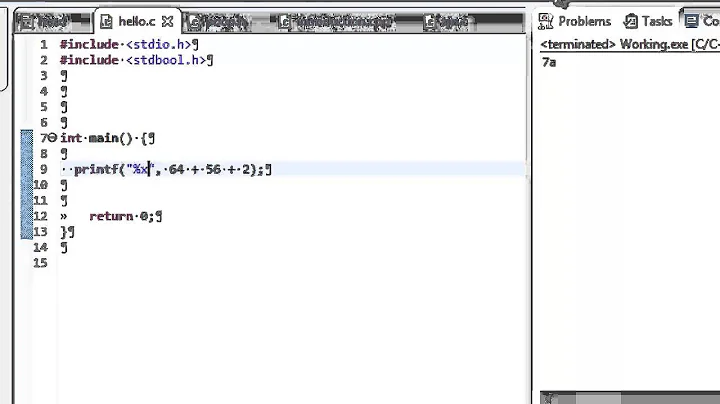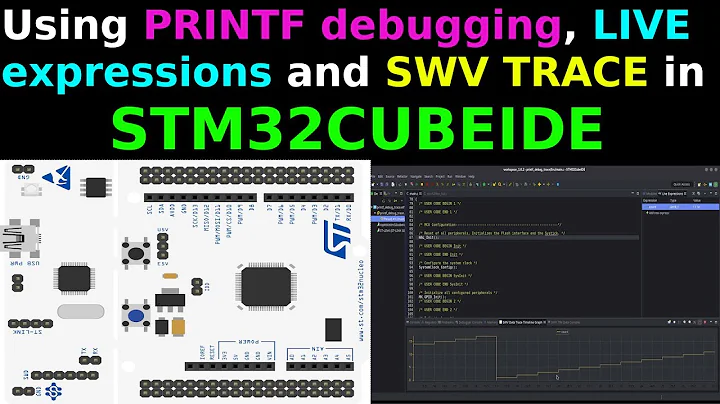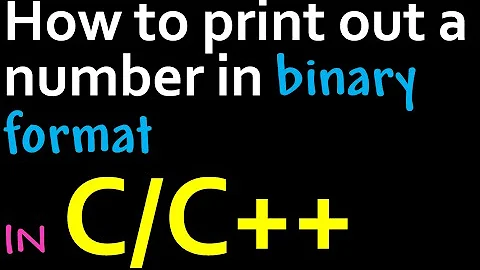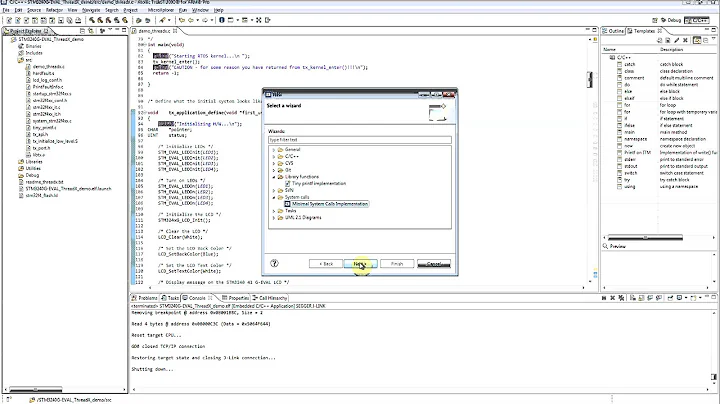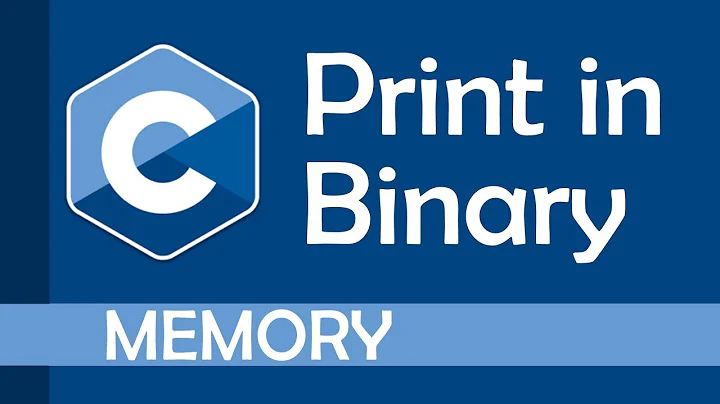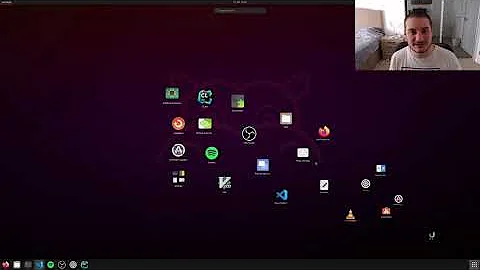How to print binary number via printf
318,116
Solution 1
printf() doesn't directly support that. Instead you have to make your own function.
Something like:
while (n) {
if (n & 1)
printf("1");
else
printf("0");
n >>= 1;
}
printf("\n");
Solution 2
Although ANSI C does not have this mechanism, it is possible to use itoa() as a shortcut:
char buffer [33];
itoa (i,buffer,2);
printf ("binary: %s\n",buffer);
Here's the origin:
It is non-standard C, but K&R mentioned the implementation in the C book, so it should be quite common. It should be in stdlib.h.
Related videos on Youtube
Author by
Registered User
Never let the fear of falling down keep you away from playing the game
Updated on December 26, 2020Comments
-
 Registered User almost 2 years
Registered User almost 2 yearsPossible Duplicate:
Is there a printf converter to print in binary format?Here is my program
#include<stdio.h> int main () { int i,a=2; i=~a; printf("a=%d\ni=%d\n",a,i); return 0; }The output is
a=2 i=-3I want this to print in binary. There are %x, %o, and %d which are for hexadecimal, octal, and decimal number, but what is for printing binary in printf?
-
 cnicutar over 11 years
cnicutar over 11 years -
 Kerrek SB over 11 yearsDo you really want binary? Hexadecimal is often just as good (or even better), as it maps every 4 bits into one hex-digit, giving you both a compact and expressive representation of the binary data.
Kerrek SB over 11 yearsDo you really want binary? Hexadecimal is often just as good (or even better), as it maps every 4 bits into one hex-digit, giving you both a compact and expressive representation of the binary data. -
 Vinicius Kamakura over 11 years@Kerrek are you really saying that seeing a number in it's binary representation is useless? Try analyzing a float number in hex digits :P
Vinicius Kamakura over 11 years@Kerrek are you really saying that seeing a number in it's binary representation is useless? Try analyzing a float number in hex digits :P -
 Kerrek SB over 11 years@hexa: Yep, doing that all the time. I wrote a ULP comparer for long doubles, which I gladly debugged in hex. Hex really is just binary compressed a little.
Kerrek SB over 11 years@hexa: Yep, doing that all the time. I wrote a ULP comparer for long doubles, which I gladly debugged in hex. Hex really is just binary compressed a little. -
 C.D.H.binary can be useful for looking at how bitwise memory maps are set, if they are documented accordingly and you want to look at the values laid out the same way as in the document. lets not bust anyone's chops for wanting their data in whatever format suits their needs most.
C.D.H.binary can be useful for looking at how bitwise memory maps are set, if they are documented accordingly and you want to look at the values laid out the same way as in the document. lets not bust anyone's chops for wanting their data in whatever format suits their needs most.
-
-
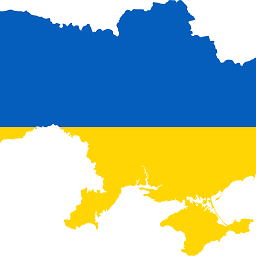 David Heffernan about 10 yearsThis prints the binary representation backwards
David Heffernan about 10 yearsThis prints the binary representation backwards -
 kapilddit about 10 years@David Heffernan How can we write which support both plateform 32bit and 64bit.
kapilddit about 10 years@David Heffernan How can we write which support both plateform 32bit and 64bit. -
 kapilddit about 10 years@hexa make function & use recursion to correct the printing order.will it be helpful?
kapilddit about 10 years@hexa make function & use recursion to correct the printing order.will it be helpful? -
 evandrix about 9 yearsin case <stdlib.h>/<cstdlib> is not working for you, here's a quick roll-your-own implementation @ strudel.org.uk/itoa
evandrix about 9 yearsin case <stdlib.h>/<cstdlib> is not working for you, here's a quick roll-your-own implementation @ strudel.org.uk/itoa -
 jww almost 8 years@kapilddit - why in the world would you try to add your answer to Hexa's answer? You've been around long enough to know how Stack Overflow works.
jww almost 8 years@kapilddit - why in the world would you try to add your answer to Hexa's answer? You've been around long enough to know how Stack Overflow works. -
 danijar almost 8 yearsCorrected via recursion stackoverflow.com/a/27627015/1079110.
danijar almost 8 yearsCorrected via recursion stackoverflow.com/a/27627015/1079110. -
 luart over 7 yearsOutlined conversion can't be used multiple times inside complex printf() and is not efficient (multiple calls to printf). Here is one statement standard and generic solution: stackoverflow.com/a/31660310/1814353
luart over 7 yearsOutlined conversion can't be used multiple times inside complex printf() and is not efficient (multiple calls to printf). Here is one statement standard and generic solution: stackoverflow.com/a/31660310/1814353 -
 brita_ over 6 yearsFor correct order use and any type use:
brita_ over 6 yearsFor correct order use and any type use:template <typename T> void print_binary(T n) { int numbits = sizeof(T) * 8; while(--numbits >= 0) printf("%c", (n & ((T)1<<numbits)) ? '1' : '0'); }For C only with an hardcoded data type, replace all 'T' by eg.'int'. -
 choppe over 1 yearif n is not an unsigned integer, this loop will print for ever.
choppe over 1 yearif n is not an unsigned integer, this loop will print for ever. -
 71GA 10 monthsNote that
71GA 10 monthsNote thatprintf()in this case is an extremely large overhead. You should instead useputc(). It will greatly increase performance.
